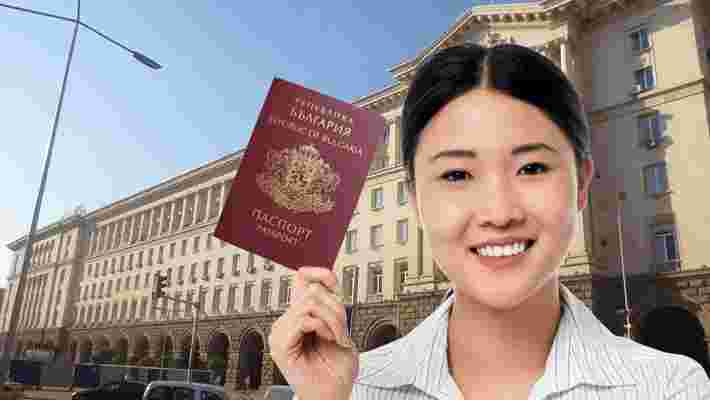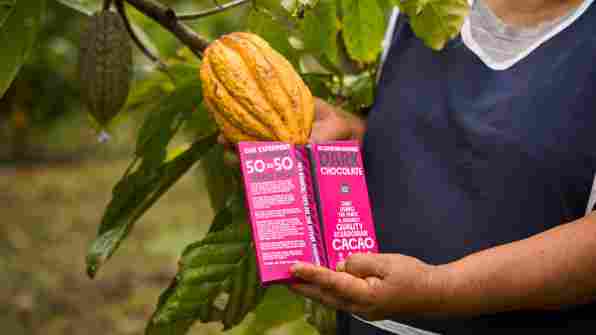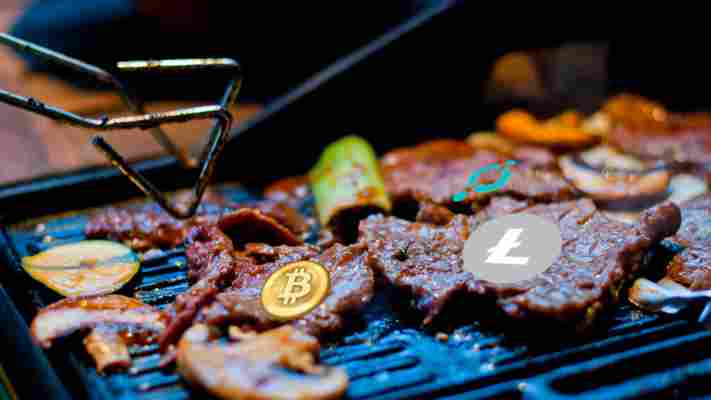Two Bulgarian government reps have been arrested on allegations of accepting bribes in Bitcoin in return for illegitimately issuing Bulgarian identity documents to foreign individuals.

Court files claim the accused, both of whom held management positions in the National Agency for Bulgarian Citizens Abroad, have been illegally receiving payments to issue documents, according to local outlet NOVA . The prosecution further adds the criminals purportedly received between five and 15 bribes each week since at least July 2017.
Witnesses have suggested that refusing to comply with the bribe requests would result in huge delays in the issuing of documents. Indeed, witness depositions suggest the accused made it practically impossible for applicants to receive documents in a timely manner – unless they agreed to pay up.
The prosecution alleges that an unnamed Ukrainian individual, whose request for documents had previously been denied, was suddenly able to receive a Bulgarian identity after paying up a bribe.
Meanwhile, the defendants argue there is no evidence linking them back to the illegitimate documents.
“There is no evidence that suggests either of the two accused individuals have received any funds,” a defense attorney said.
“Authorities have confiscated Bitcoin wallets, which prove that some of the bribe money has been converted to cryptocurrency,” the prosecution countered.
One of the key witnesses in the case (who served as a deputy director in the National Agency) has said he’d been aware of the scheme for months. Another witness has testified he had handed over bribes of €5,000 (approximately $5,700) to the defendants at least twice.
UN-backed chocolate bar comes with a free blockchain token — and a choice
In the UK, a new chocolate bar contains a blockchain-based token, either to be directly gifted to the cocoa farmer or redeemed for a discount on the next purchase, Fast Company reports.

Sure, it’s chocolate, but The Other Bar pitches itself as a social experiment, too. In partnership with the United Nations Development Programme , Amsterdam’s FairChain Foundation has promised to back each token with funds that would’ve otherwise gone towards marketing.
The idea is to turn products into “engines of change” by giving consumers a chance to participate in the system themselves, rather than blindly trust NGOs to do the right thing in places where it’s needed the most.
This will hopefully inspire other companies to redirect their marketing budgets towards social impact and prove its effectiveness as a business model – all while giving a fair deal to Ecuadorian cocoa farmers.
“If we can show that this proof of impact drives customer loyalty, and marketing spend given to consumers turns into impact, then we can reach out to all these large companies that now spend millions on Kim Kardashian and say, ‘Don’t spend your marketing on these famous faces, spend your marketing dollars on your own crowd, your own customers, and let them invest in impact,” FairChain founder Guido van Staveren told Fast Company.
It’s also about going one step further than “Fairtrade” products. The Other Bar ‘s website promises the initiative leaves 50 percent of the value generated by chocolate sales in Ecuador, where its cocoa is sourced, instead of just seven percent “like most bars.” It also claims Ecuadorian cocoa farmers are paid twice the industry average for their product.


This isn’t the first blockchain pilot for the FairChain Foundation. In 2018, the firm teamed up with coffee wholesalers Moyee Coffee to run a similar initiative that promised to make business fairer for Ethiopian coffee farmers.
As for its chocolate pilot, 20,000 blockchain-powered bars are set to go on sale on October 14. You can read more about The Other Bar here .
Want more Hard Fork? Join us in Amsterdam on October 15-17 to discuss blockchain and cryptocurrency with leading experts.
Korean banks still bearish on cryptocurrency – despite holding $1.8B worth of it
A new report by South Korea’s central bank has found that local financial institutions are still lukewarm to cryptocurrency – despite hodling close to $2 billion worth of digital coins.

When compared against the sum total of all institutional investments, cryptocurrencies accounted for 8 percent of the roughly $23 billion managed under brokerage in South Korea, Yonhap News reports. It’s worth noting that the numbers cited in the report concern investments as of December last year.
But despite $1.8 billion worth of crypto-money in their vaults, financial giants remain reserved about the future of the crypto-asset market.
“The amount of crypto-asset investment is not really big, compared with other equity markets, and local financial institutions’ exposure to possible risks of digital assets is insignificant,” reads the report.
“Against this backdrop, we expect crypto-assets to have a limited impact on the South Korean financial market,” it continues.
The cold-feet appears to be in response to the governments complete ban on Initial Coin Offerings (ICOs) and imposed severe restrictions on anonymous cryptocurrency trading.
They have since relaxed some of the measures , but investors still await clear regulatory guidelines to be passed down.
South Korea as a whole has been much more forthcoming about delving into cryptocurrencies. An investment analysis of 2,530 residents aged 25 to 64 showed that 13.9 percent of those surveyed held coins. That figure increased to almost 20 percent for those aged in their 20s.
Cryptocurrencies have permeated society so much that the Korea Times even went so far as to coin the term “Bitcoin zombie,” used to describe those addicted to checking market prices around the clock.
We recently wrote about the seven most common signs of cryptocurrency addiction , shortly after a Scottish rehab clinic decided to open its doors to addicts of digital asset trading. If you’re curious to know more about cryptocurrency addiction, make sure to check out our TNW Answers session with Castle Craig Hospital here .











